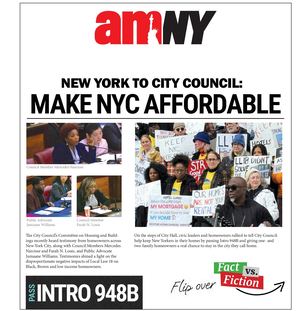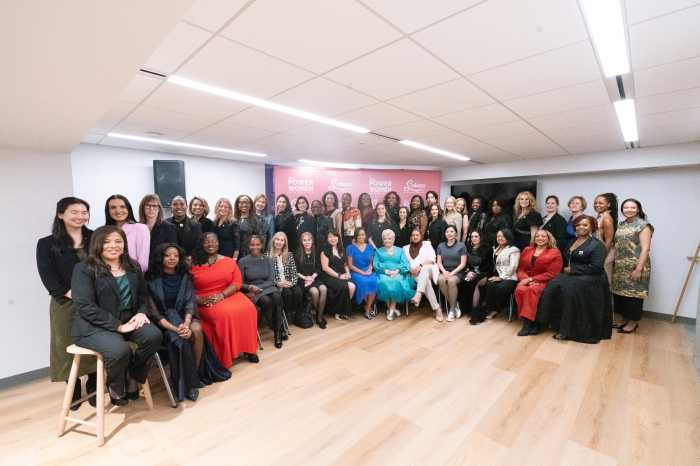The calls come during dinner or in the middle of the night.
They veer from annoying to dangerous.
Sometimes, they offer debt reduction. Sometimes, they’re in Mandarin. Other times, they’re allegedly urgent calls from the Social Security Administration. The despicable ones claim someone you love is in trouble.
They have to stop.
The Federal Communications Commission voted last week to allow phone-service providers to block such calls by default, though the new rule will include an opt-out provision. Phone companies can choose whether to participate. They also can decide to charge for the service, which would be unfortunate. But the FCC’s move is a start.
While robocalls are hated for how irritating they are, the bigger concern is just how many seniors and others fall prey to scams and schemes.
According to Sen. Chuck Schumer, a stunning 34.8 million robocalls were received in Long Island area codes in April alone. By some estimates, more than half of robocalls are scams.
The Federal Trade Commission and the FCC set regulations on this issue. Now, Congress and both agencies seem close to finding viable solutions. The U.S. Senate last month passed the Telephone Robocall Abuse Criminal Enforcement and Deterrence Act. The bill would give the FCC more power to fine robocallers, and would add to the timeframe between when a call is placed and when the FCC can find and prosecute such scammers. Perhaps most important, the legislation would require telecommunications firms to establish technology that authenticates which calls are real and which are robocalls or scams, and to stop them before they reach a customer.
Fighting robocalls could be truly bipartisan. The legislation passed the Senate 97-1. We hope the House of Representatives will pass it, too, and President Donald Trump will sign it.
On the FCC’s new rules, regulators should work with phone-service providers to make sure filters are flexible, so wanted robocalls, like credit card company fraud alerts, get through.
Federal officials and advocates also must educate vulnerable seniors and others who could fall for scams.
It’s time to hang up on robocalls.







































